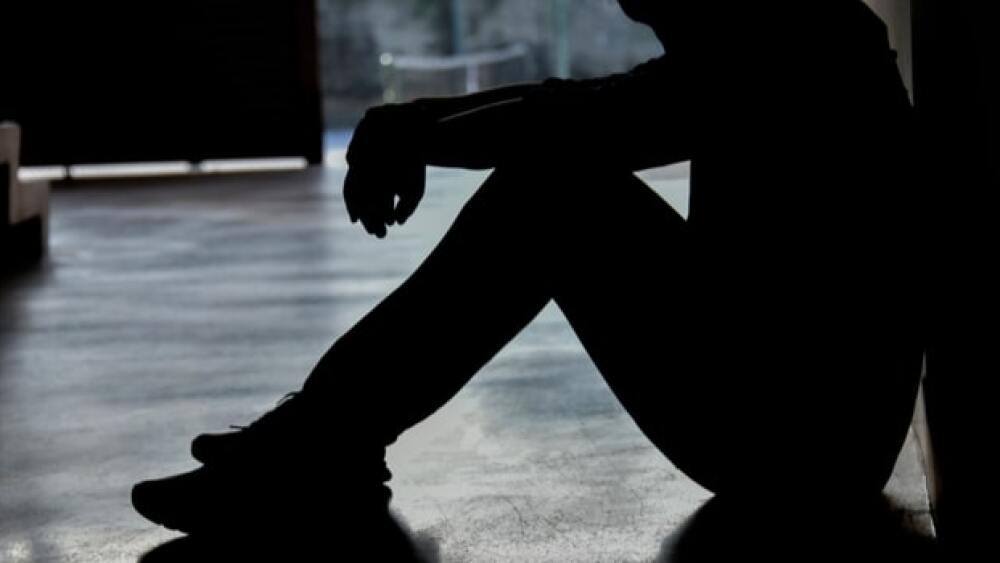Small Pharma announced positive top-line results Wednesday from a Phase IIa study evaluating a short-duration psychedelic for major depressive disorder.
Courtesy of Shutterstock
Small Pharma announced positive top-line results Wednesday from the first placebo-controlled efficacy study exploring a short-duration psychedelic for the treatment of major depressive disorder (MDD).
SPL026, or intravenous N,N-dimethyltryptamine (DMT), demonstrated statistically significant and clinically relevant reductions in depressive symptoms two weeks post-dose as compared to placebo.
The Phase IIa trial dosed 34 patients with moderate/severe MDD with 21.5mg of SPL026. Patients experienced a 20 to 30-minute psychedelic experience which was followed by supportive therapy delivered by a licensed therapist.
Efficacy was assessed using the Montgomery-Asberg Depression Rating scale (MADRS), a ten-item diagnostic questionnaire that evaluates the severity of depressive episodes. Two weeks post-dose, patients demonstrated a -7.4 change in their MADRS scores in comparison to those who received placebo.
Durability was also assessed in the clinical trial. Patients who received at least one dose of SPL026 demonstrated durable improvement in depression symptoms at 12 weeks following their dose, with a remission rate of 57%.
The clinical trial was composed of two treatment arms. Patients either received one dose of SPL026 followed by a second dose two weeks later, or a placebo dose followed by one dose two weeks later.
There were no apparent differences identified in antidepressant effect between the dose regimens, the company reported.
“Just one dose of SPL026 with support therapy has rapid onset and durable antidepressant activity,” said Carol Routledge, Ph.D., chief medical and scientific officer, Small Pharma, in a press conference Wednesday.
SPL026 was well-tolerated with no drug-related serious adverse events reported. The most common adverse event was pain or a reaction at the infusion site.
The Next Steps
In the same press conference, George Tziras, CEO, said the company is ready to move the candidate forward.
The objective is to “replicate these findings in a larger patient population and answer key additional questions to inform the further development of SPL026,” he said, adding that the Phase IIa results will enable an international, multi-site ability-to-benefit study.
The short-duration psychedelic treatment is promising for patients who “only experience symptom relief after weeks on existing treatment options” Tziras said.
Small Pharma is also progressing toward other studies with SPL026, including a Phase I interaction study with SSRIs and an ongoing Phase I study exploring an intramuscular route of administration.
Psychedelic treatments for neuropsychiatric conditions have been steadily increasing in biopharma.
In Nov. 2022, Sensorium Therapeutics raised $30 million in Series A financing to develop psychoactive molecules for neuropsychiatric diseases.
The following month, Compass Pathways announced that COMP360, a synthetic form of psilocybin, demonstrated an 86% remission rate in patients with type II bipolar disorder.





